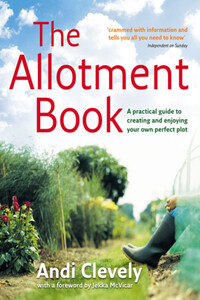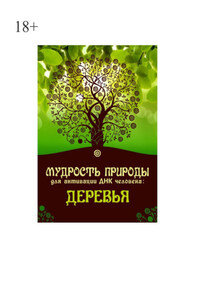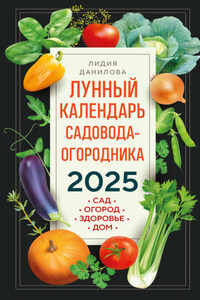The Allotment Book

A wonderfully illustrated celebration of the blood, sweat and joy to be had ‘growing your own’ in an allotment – with the in-depth, practical gardening know-how for which Collins is renowned.No longer considered the preserve of old men in sheds, allotment gardening is currently enjoying a renaissance of interest. People of all ages and from all walks of life are digging their own plots in search of the ultimate in fresh, organic produce – and you cannot get more locally-sourced than your own allotment!This book testifies to the vibrancy of allotment culture, aiming both to inspire the next generation of plot-holders and to provide all the practical knowledge needed to turn a patch of soil into a lifelong adventure.Open to all the eco-gardening techniques, and the various weird and wonderful ways people make use of their plots, contents include:• the history of allotments – from 19th century origins, through wartime ‘Dig for Victory’, to the cosmopolitan communities of today; features photos and interviews with current plot-holders• planning your perfect allotment – finding it, assessing it, clearing the ground and working out what to grow• the brown stuff – all you need to know about soil management, the key to growing success• choosing a gardening method – organic, biodynamic, rotation beds, companion planting, greenhouse, multi-level, potager, cottage garden, and so on…• the hard stuff – constructing sheds, compost bins, cold frames, fruit cages, ponds, seating and play areas• selecting crops – what and how to grow, from parsnips and peas to chilli peppers and lemon grass• cultivation techniques – digging, sowing, feeding, weeding and harvesting, plus troubleshooting pests and diseases• the allotment calendar – extensive, month-by-month look at what’s in season, jobs for now and looking ahead







